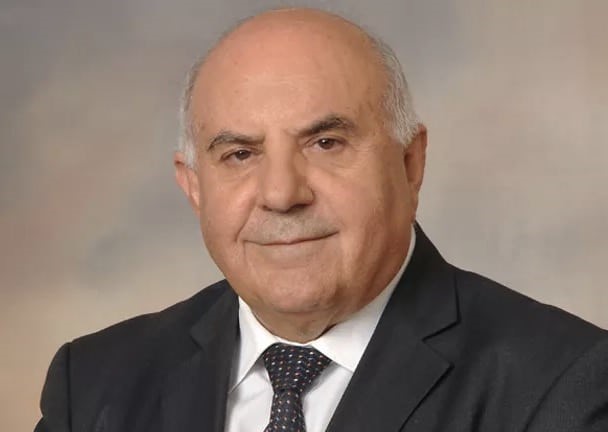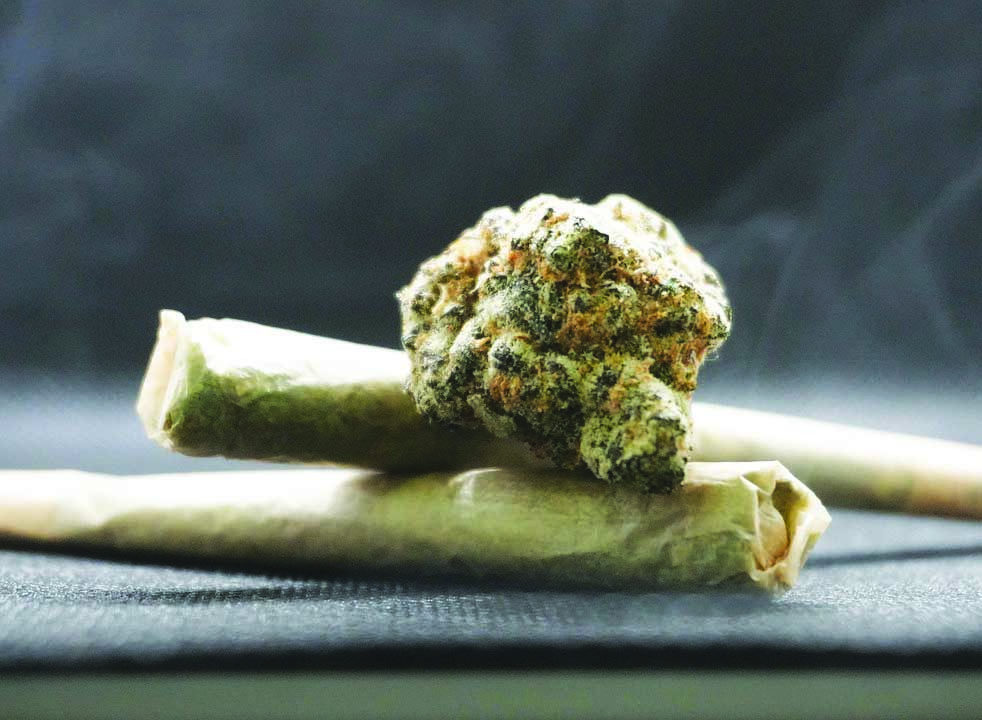Many questions remain about cannabis usage, but Cyprus’ draconian approach clearly isn’t working
The question whether cannabis should be legalised for recreational use is a contentious one – and not as clear-cut as most people think.
Libertarians declare, quite simply, that the state has no business telling adults what they can and can’t consume. To this, cannabis advocates add the various health benefits of taking the substance – and also compare it with alcohol which, though legal, is more addictive, more toxic, and more liable to lead to aggressive behaviour instead of marijuana’s mellow high.
The push for legalisation is gathering pace – led by the US where the drug is now legal for recreational use in 24 states (39 for medical use), reinforced by American ‘soft power’ like Hollywood movies where smoking a joint has become completely normalised.
The situation in the EU is more complicated. Three countries (Germany, Malta and Luxembourg) have legalised it, within limits, thus for instance in Malta it’s legal for adults to possess up to seven grams of cannabis and for each household to grow up to four plants, though smoking in public remains prohibited.
Ten more countries have decriminalised personal possession, while in others (notably France) it remains an offence, but users are seldom prosecuted. In short, about half of the EU takes a lenient or very lenient line on the matter.
Here in Cyprus, the mainstream position is clear – and vehemently anti-weed.
Medical cannabis has theoretically been legal since 2017, when the use of cannabis oil was allowed for advanced-stage cancer patients only. A later law expanded the scope slightly – but cannabis remains hard to access as a treatment option, even within the narrow parameters provided by the law. As for recreational use, forget it.
Even progressive party Volt makes no mention of legalisation on its policy page, nor has any politician or public figure taken a stand on the issue. The closest is probably Dr Kyriakos Veresies, director of the NGO Kenthea (Centre for Education about Drugs and Treatment of Drug Addicted Persons), who called last year for personal use of all drugs – not just cannabis – to be decriminalised, and for users to be given treatment instead of prison time.

Veresies’ calls were largely ignored. Yet it seems obvious that, despite official hostility, cannabis use is widespread on the island.
Every week brings news of drivers testing positive in narcotests. Police announced last month that 1,450 cannabis edibles had been seized and confiscated. Stories keep appearing of people being found with quantities of drugs and handed long prison sentences.
The sentences for cannabis offences in Cyprus are severe, especially in the context of the overall justice system.
Last summer, for instance, a 42-year-old man was found guilty of manslaughter, having bludgeoned another man to death after visiting his home “to resolve some differences”. He got nine years in jail. A week later, another, 44-year-old man was found guilty of possessing six kilos of weed with intent to supply. He got six years, a roughly equivalent sentence – yet the two crimes are in no way equivalent.
The current approach seems excessively punitive – especially when it doesn’t stop at punishing drug dealers but filters down to individual users, those caught with just a few grams.
The case for a more nuanced policy is growing, not to mention the cynical argument that being more permissive might help Cyprus’ efforts to position itself – like, for instance, Malta – as a playground for wealthy expats and digital nomads.
At the same time, however, evidence is increasingly emerging of possible links between cannabis and mental-health disorders like schizophrenia and psychosis, especially for young adults and heavy users.
‘Potent cannabis linked to surging schizophrenia cases’ went a headline in The Independent last month, citing data from Canada. ‘Marijuana Dependence Linked to Higher Risk of Death’ wrote the New York Times two days earlier.
The existence of high-strength, THC-enhanced cannabis is nothing new – but the huge new market created by legalisation seems to have sparked the mass production of more potent cannabis in recent years, a very different animal from the marijuana some may recall from their misspent youth.
Veresies – rather surprisingly, given his proposal from last year – goes even further, citing his extensive experience as a neurologist-psychiatrist treating over 500 patients a year.
“Ten per cent of [heavy users] are led to psychosis,” 73-year-old Veresies confirmed to the Cyprus Mail – and goes on to add that, in his view, cannabis “has caused more damage, in total, than any other substance”, even more than so-called harder drugs.
The reason is that cannabis (by definition) is the only drug that tampers with the body’s endocannabinoid system.
This system (which is “still not fully understood,” says Wikipedia) includes receptors in the brain and nervous system – and, according to Veresies, produces cannabis through these receptors in order to stimulate neurotransmitters like dopamine and serotonin, enabling us to feel pleasure.
The body’s cannabis is “chemically identical to herbal cannabis”. The difference, says Veresies, is that the natural process incorporates an enzyme that clears out the receptor after every use – whereas, when you take it as a drug, this enzyme no longer works. Thus, he explains, “herbal cannabis blocks the system” – with the result that heavy users (even of the old, less-potent variety) become apathetic and suffer a diminished ability to feel pleasure, unless they go home and smoke more cannabis.
Despite all this, Veresies is in favour of medical marijuana – in fact, he says, “I’m one of those [doctors] who actually prescribes it”. But he’d only recommend it for childhood epilepsy and muscle spasms in MS sufferers – two situations where the benefit conferred outweighs the neurological risks.
Even more paradoxically, he believes that full legalisation is inevitable, just because what we’re facing “is a new reality”. The demand is just too great.
“As a doctor, I’m faced with these problems every day – so I look at them much more realistically… My belief is that, one day, [all illicit substances] will be legalised. Not because they should be, but because there won’t be any other way for society to control this whole situation.”
The punitive approach doesn’t work, and costs money besides. In 2018, he says, the Drug Unit announced they’d arrested 114 people for drug offences, who were sentenced to a total of 800 years in jail – a cost to the taxpayer (though they didn’t mention that part) of many millions. On the other hand, California – having legalised for recreational use – generated $1 billion in cannabis taxes in 2023 alone.
In the meantime, Veresies repeats his plea for possession of all drugs to, at least, be decriminalised – the so-called Portuguese model, where users are still arrested but sent to treatment and rehab centres, not courtrooms and prisons.
At the very least, he says, the current protocol giving first-time users in Cyprus a second chance under certain conditions – if they’re young (under 24), and caught with small quantities for personal use – should be extended to all drugs and all ages.
Authoritarians want cannabis users severely punished. Libertarians defend their right to make choices about their own body. Hollywood films depict them as emblems of cool.
None of the three is quite right. Demonisation of the drug is cruel and unworkable – but full legalisation (let alone celebration) may also be naïve, given all the hidden complications. The answer lies somewhere in between.






Click here to change your cookie preferences